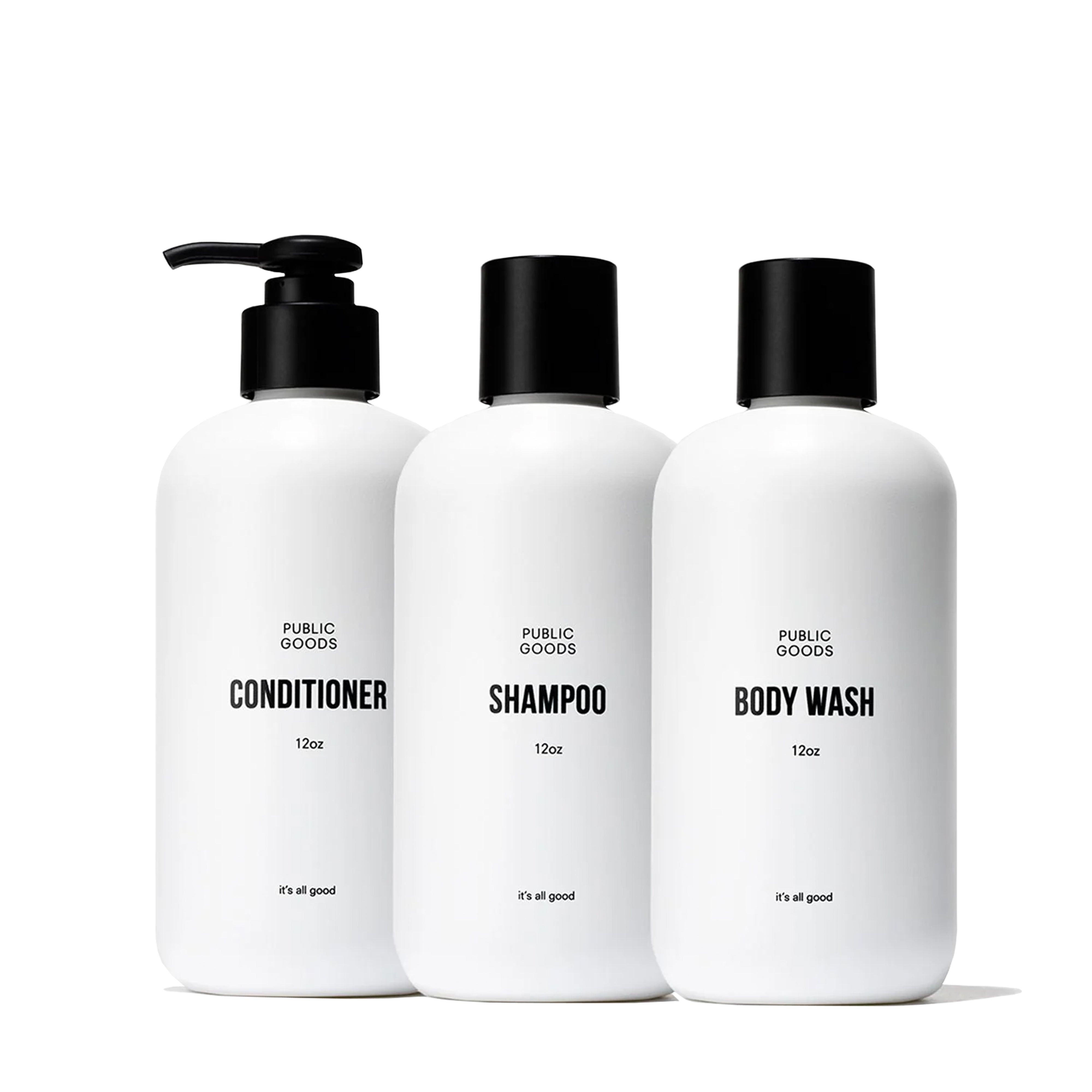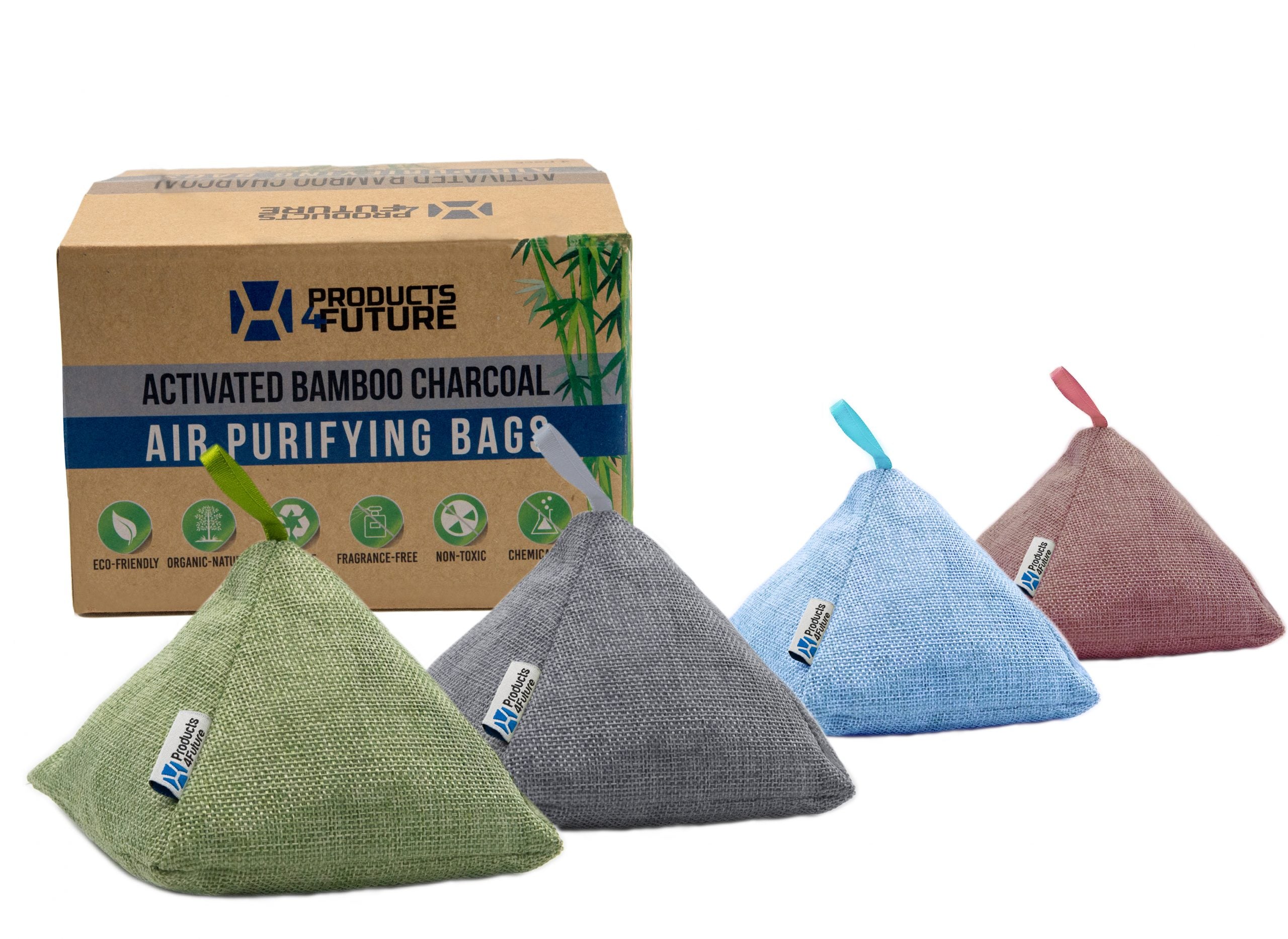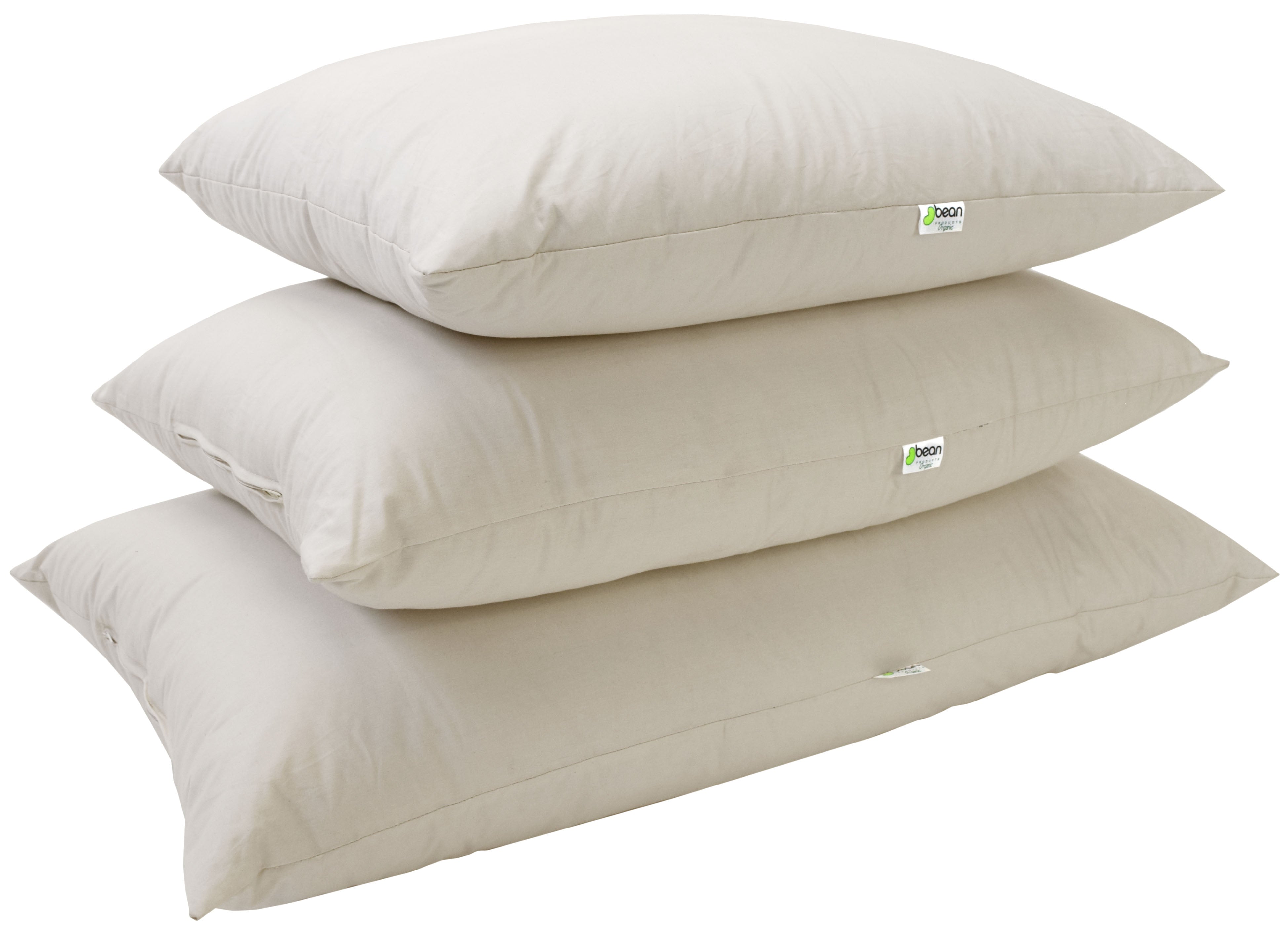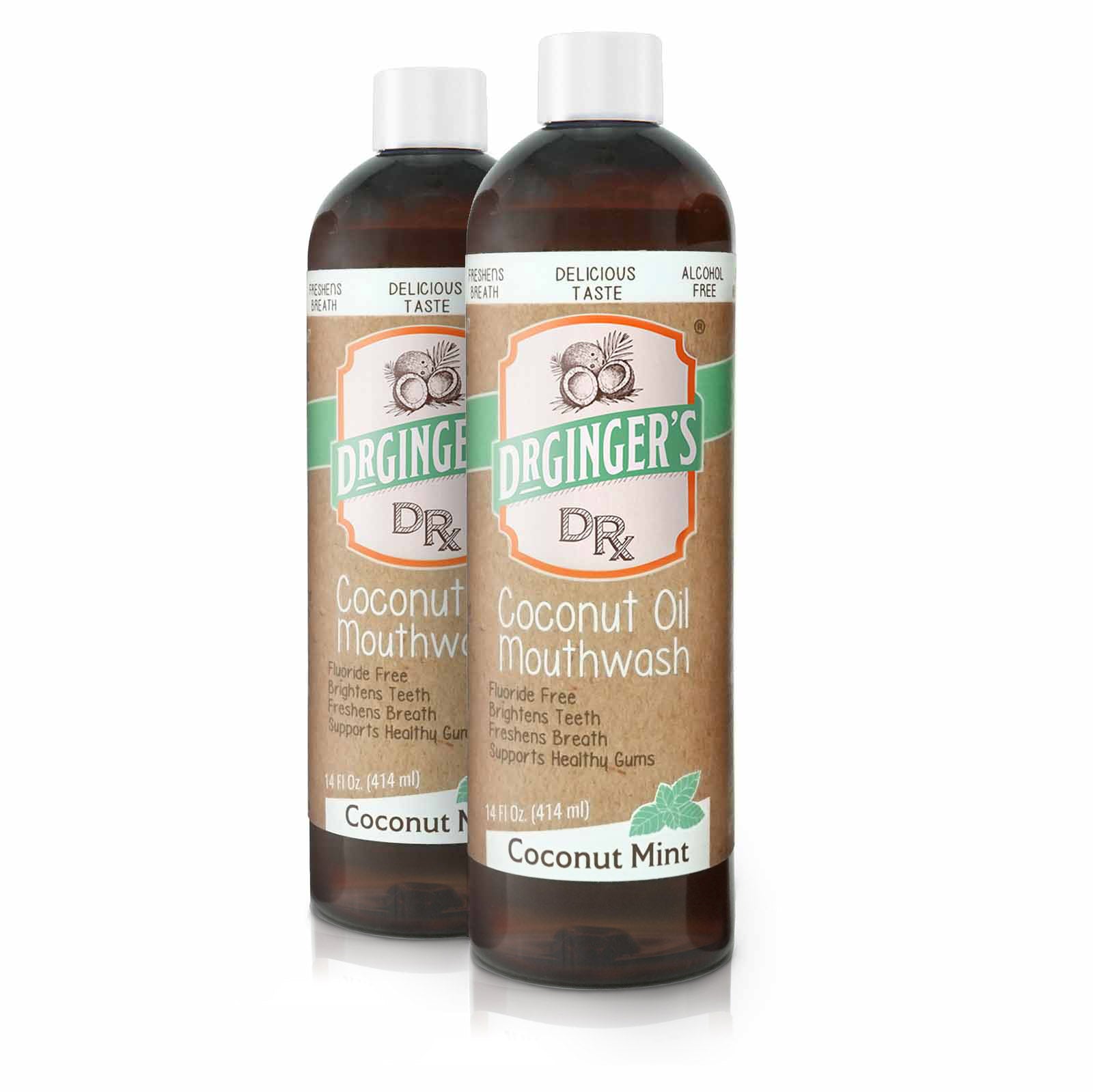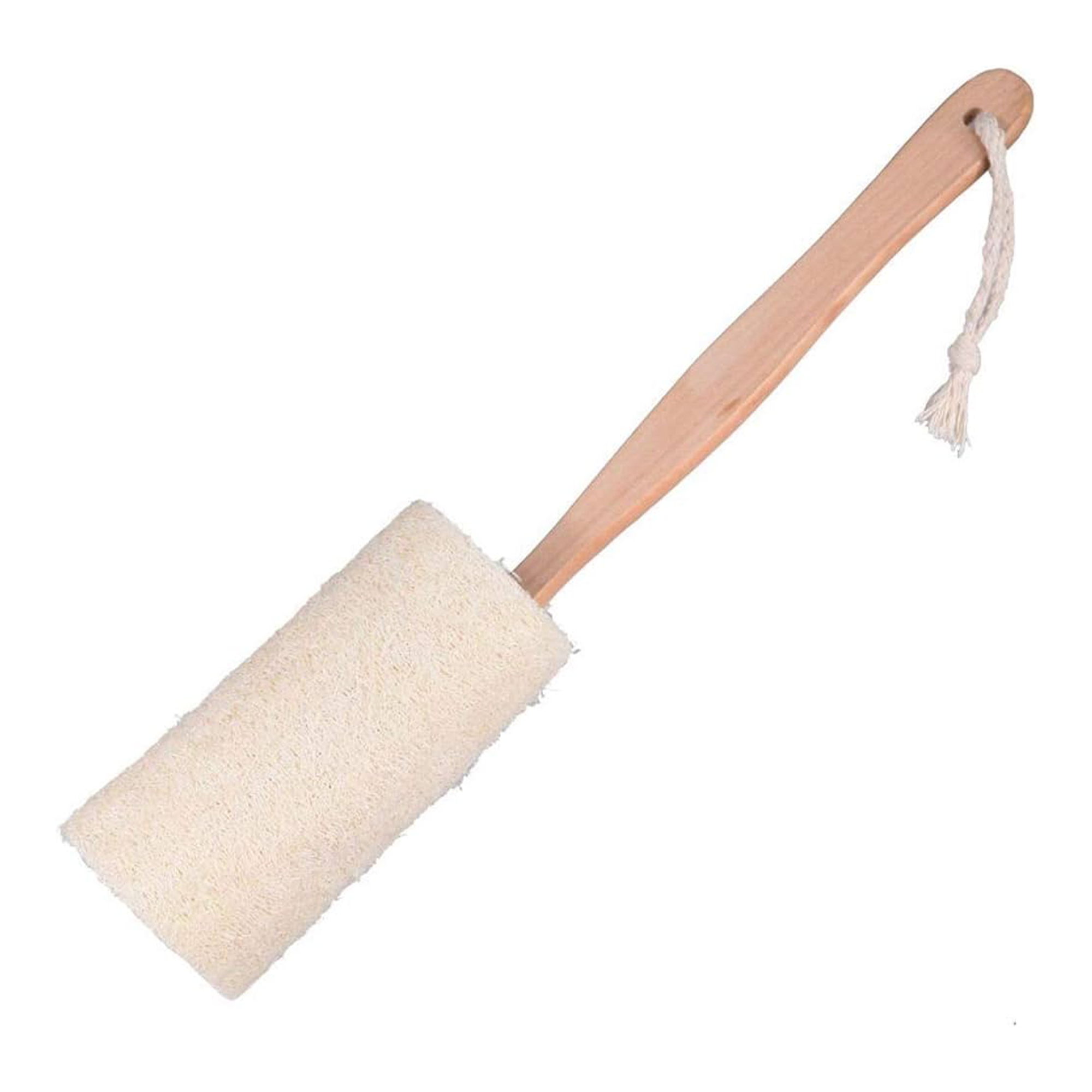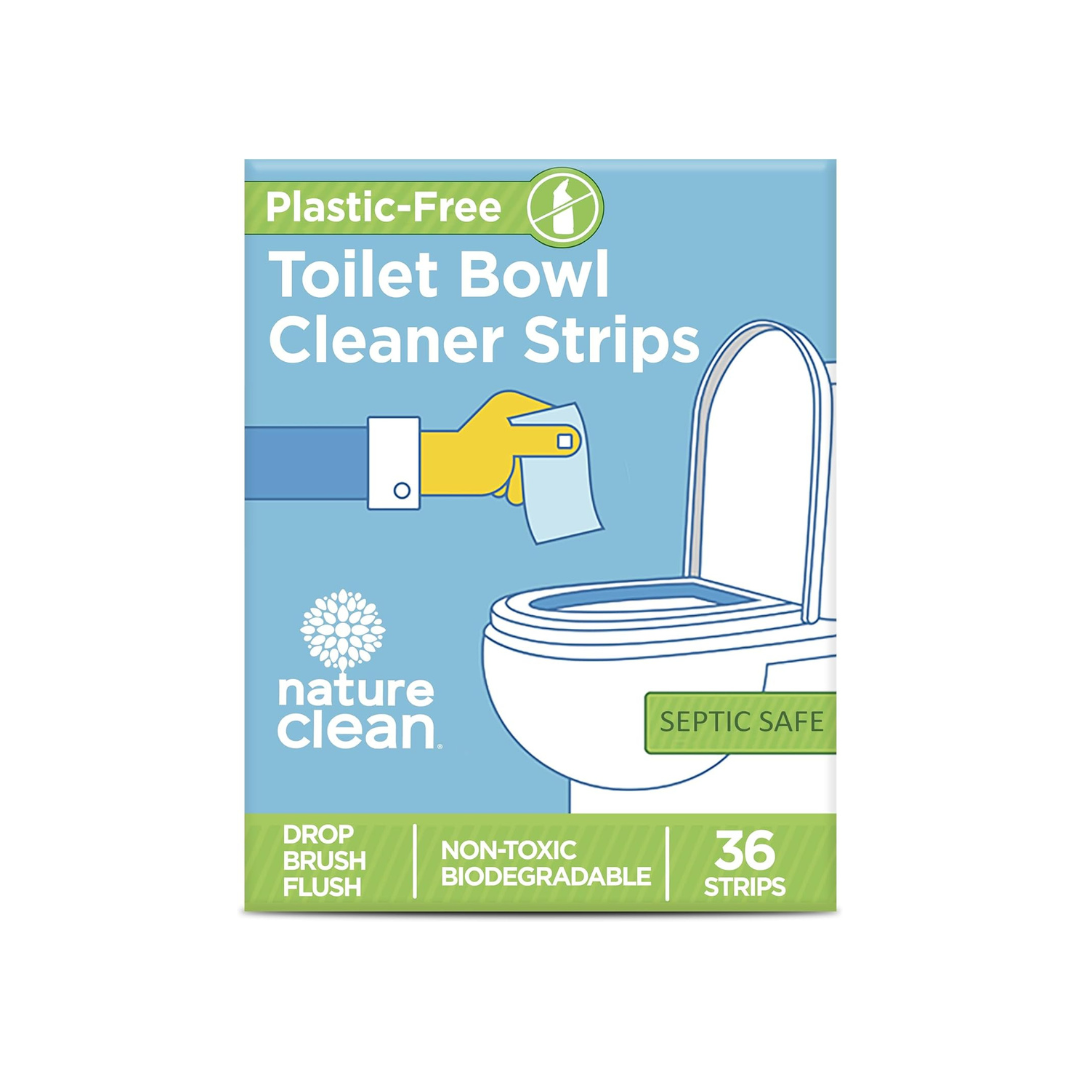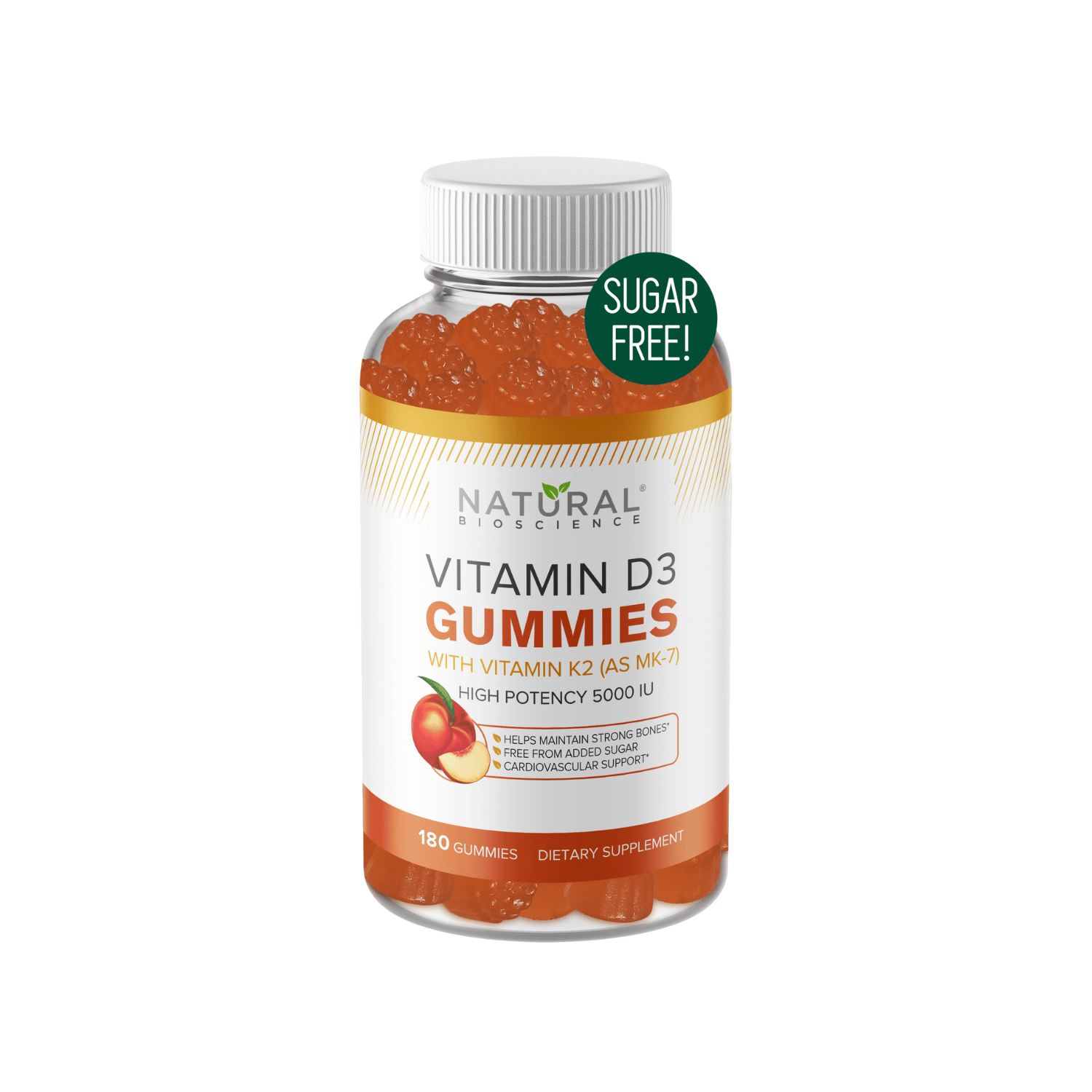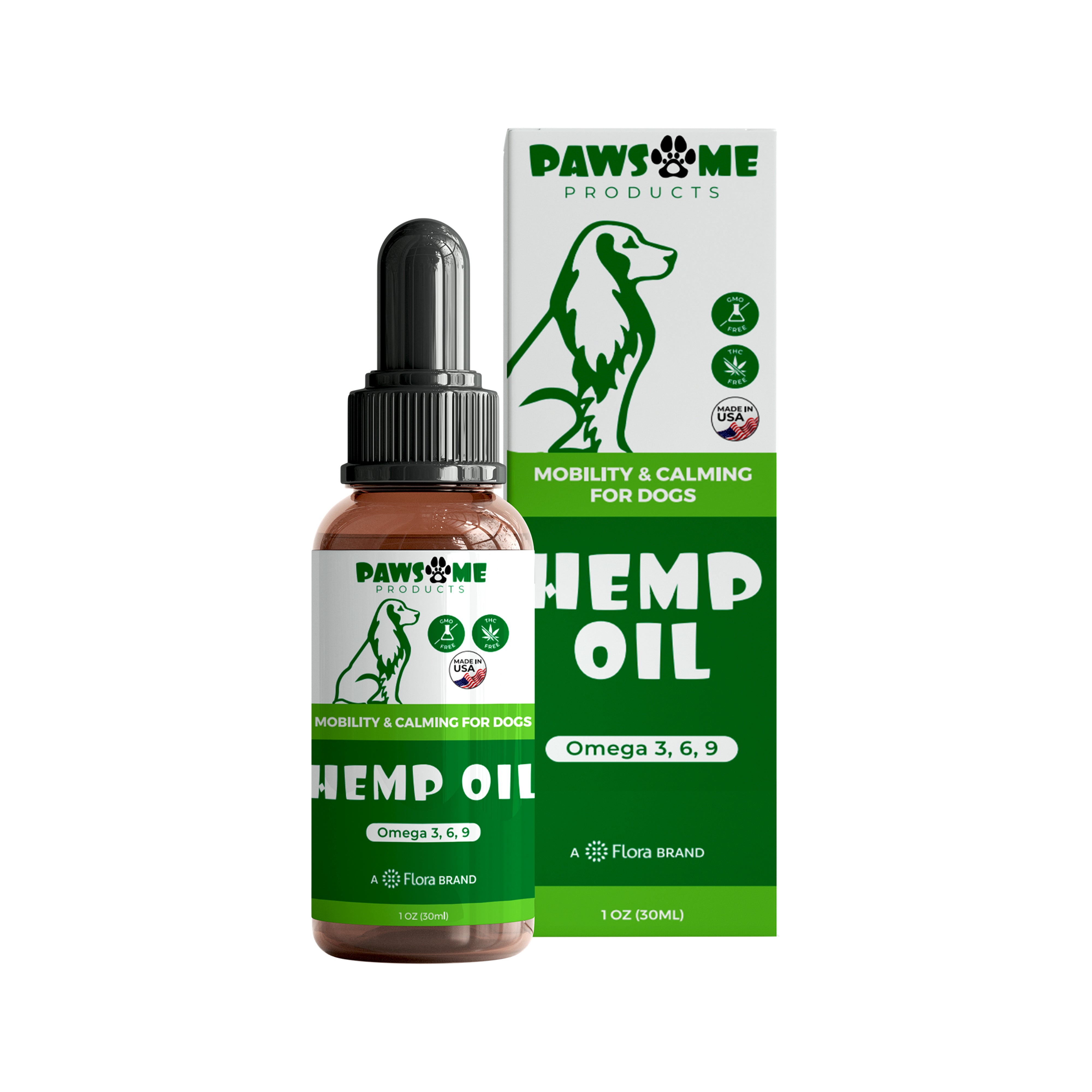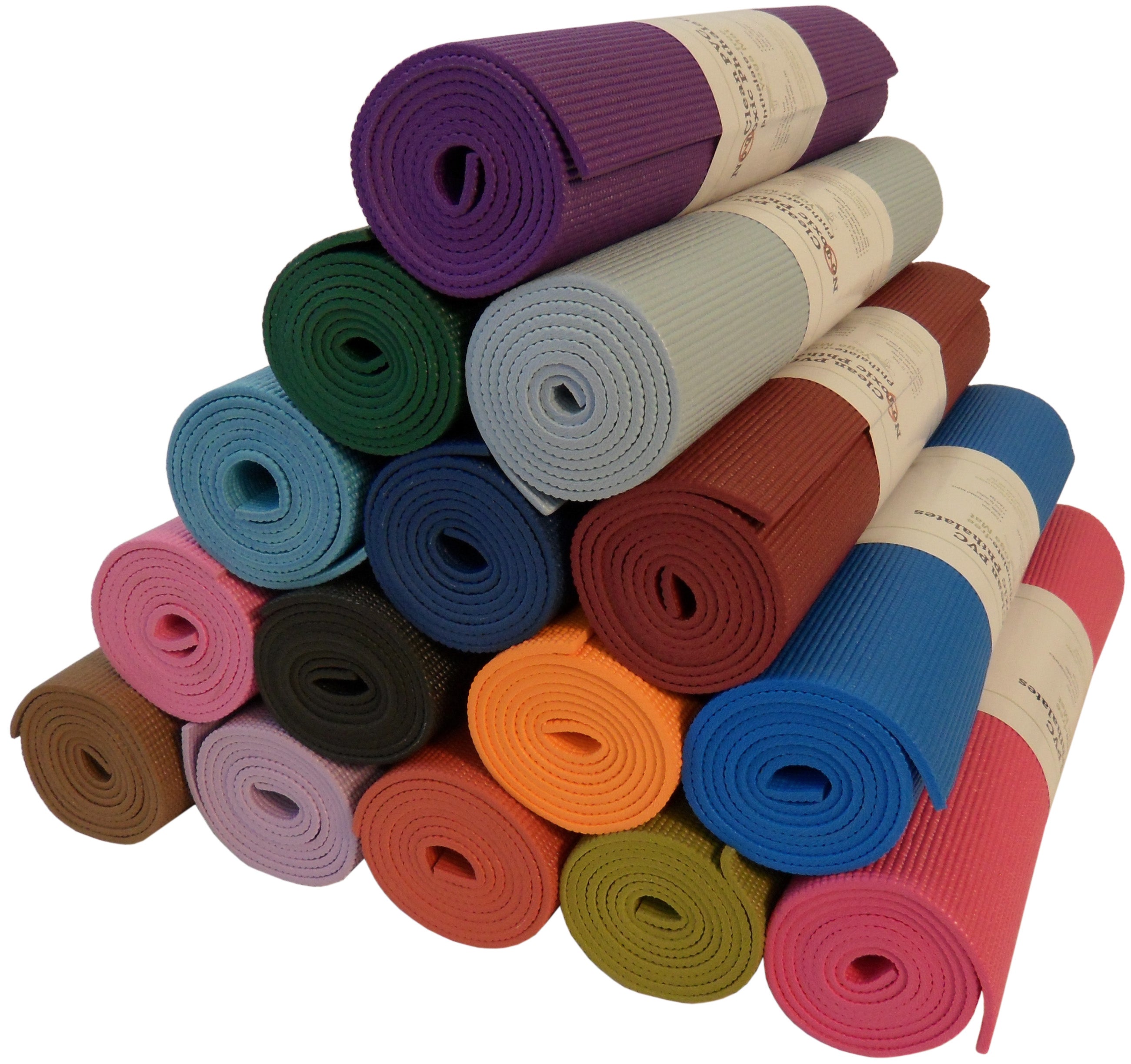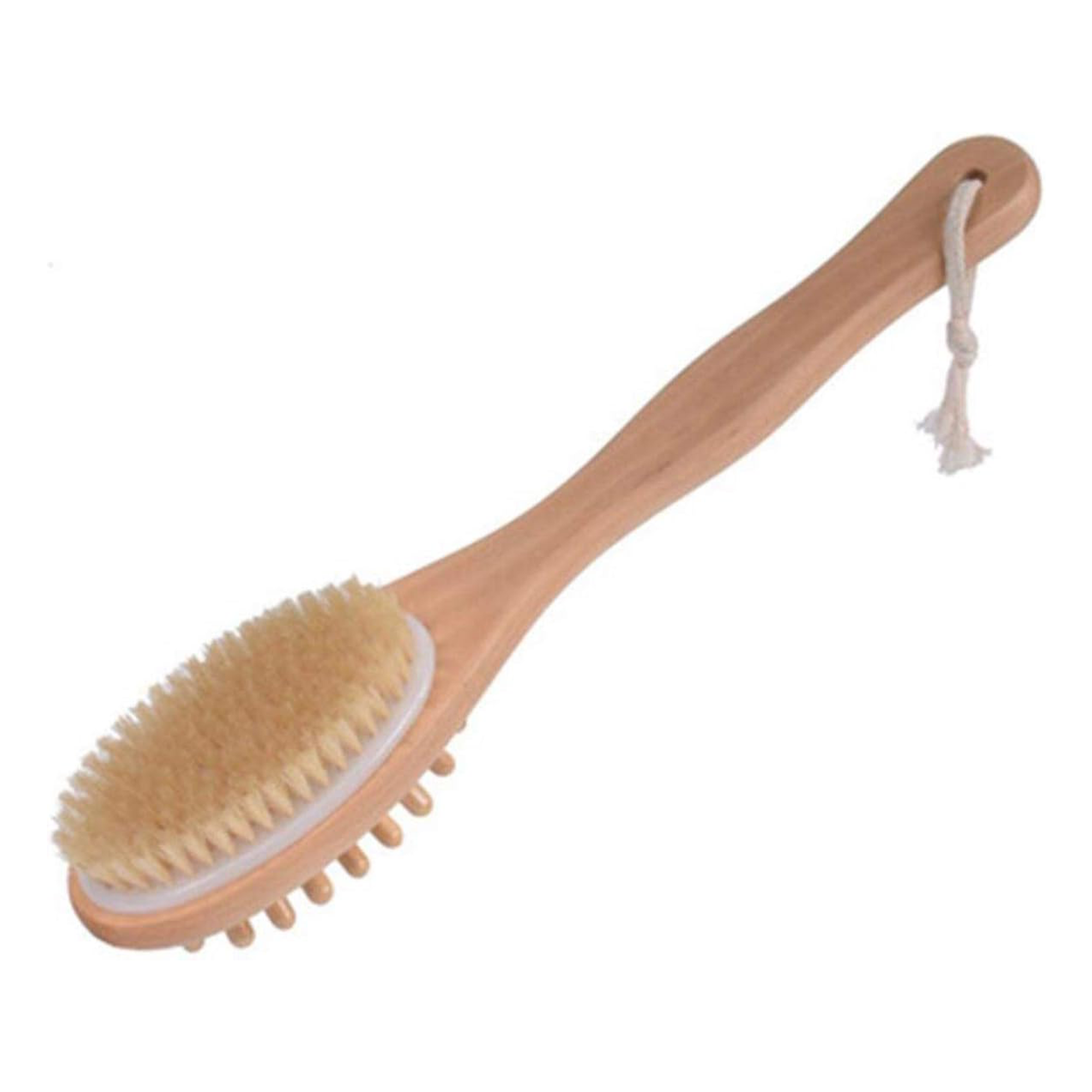We’re sure you've heard about composting at least once. Composting is the process of breaking down organic materials into a nutrient-rich soil amendment. There are two types of composting: hot composting (aerobic) and cold composting. As composters, we create an environment that supports decomposition. Our main aim is to speed up the process by providing the right conditions. Compost is a valuable resource for our gardens and farms. Plus, it reduces greenhouse gas emissions and enhances soil health. I aim to kickstart your composting career! To learn more about some common composting myths read more here.
First, follow these rules to make your composting process sustainable.
1. You have nothing to lose.
Your first attempt at composting can be a success or a failure, and that's okay. At the end of the day, we are simply managing the process of decomposition. Whether it turns out to be a well-managed compost pile or one that attracts maggots and seems like a disaster, it's all part of the learning process.
2. All your inputs need to be vegan.
If you're new to composting, it's best to refrain from adding any animal-based products to your compost pile. This means no meat, bones, fat, feces, feathers, and anything similar in the compost. These materials can create unpleasant odors and, in the worst-case scenario, may attract large pests that can introduce diseases that could contaminate your plants. Just stick to plant-based waste, such as fruit and vegetable scraps, yard clippings, and other organic matter.
3. Balance needs time.
Composting is all about achieving the right balance between carbon and nitrogen. This concept is the key to successful composting.
Browns refer to any plant matter that has turned brown and dry, such as dead leaves, hay, shredded (non-glossy) cardboard, and other similar materials. Brown compost materials have more carbon than nitrogen.
Greens are any plant matter that is still green or fresh, such as grass clippings, kitchen scraps, coffee grounds, and other similar materials. Green compost materials have more nitrogen than carbon. Greens help to increase the risk of unpleasant smells and other issues.
Typically, a ratio of 4:1 or 5:1 of browns (higher in carbon) to greens (higher in nitrogen) is ideal. With these ratios the compost will break down effectively. If you follow these ratios, your risk of unpleasant smells or anaerobic decomposition will be minimal.
4. The secret heroes are air and moisture.
You should prevent compost from becoming anaerobic because it results in slow and unpleasant decomposition. Make sure that your pile is well-aerated. You can simply do this by turning or stirring your compost once a week or so. This will help the microorganisms responsible for decomposition to have access to the oxygen they need to do their job. Using a composter can make this process much easier. It will allow you to create a healthy and balanced compost pile that can produce a nutrient-rich soil amendment for your garden or farm.
Important tips for you
- Certain materials, such as meat, dairy, and oily foods, should not be composted as they can attract pests and create unpleasant odors.
- If your compost pile starts to appear more like garbage than compost, the solution is often as simple as adding more browns. Adding more brown materials will help balance the carbon-to-nitrogen ratio and reduce unpleasant smells.
- You don’t have to shred all of your compost materials. That only helps to speed up the breakdown process.
- Insects and worms are not harmful to your compost pile! They are one of the major contributors of the composting process. Plus, their presence can show you that the pile is too wet or the carbon-to-nitrogen ratio is off.
- Urine can be an excellent source of moisture and nitrogen! You know what, the first urine of the day can be particularly beneficial because of the concentrated nitrogen.
- Your pets can introduce dangerous bacteria and parasites into your compost pile through their feces, just like humans can.
- If you plan to use your compost on plants, stop adding new materials to the pile and allow it to finish composting. But continue turning the pile to maintain the correct level of moisture.
- If your compost contains small chunks that have not fully broken down, don't worry. You can still use it. They will act as a slow-release fertilizer over time.
Composting is not only good for your garden, but it's also good for the environment. By diverting food scraps and yard waste from the landfill, you can reduce greenhouse gas emissions and help combat climate change. With a little effort and patience, anyone can start composting and reap the benefits of healthier plants and a healthier planet.

